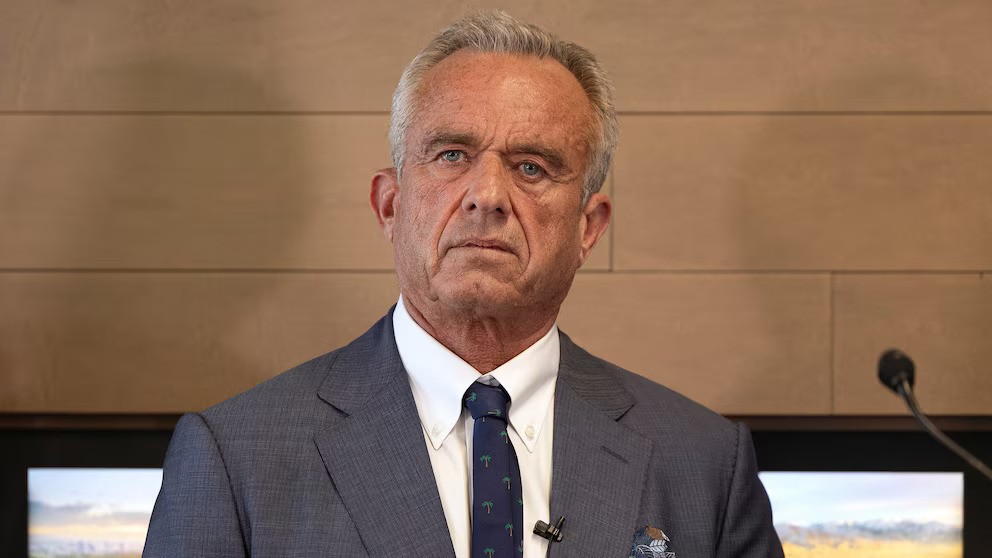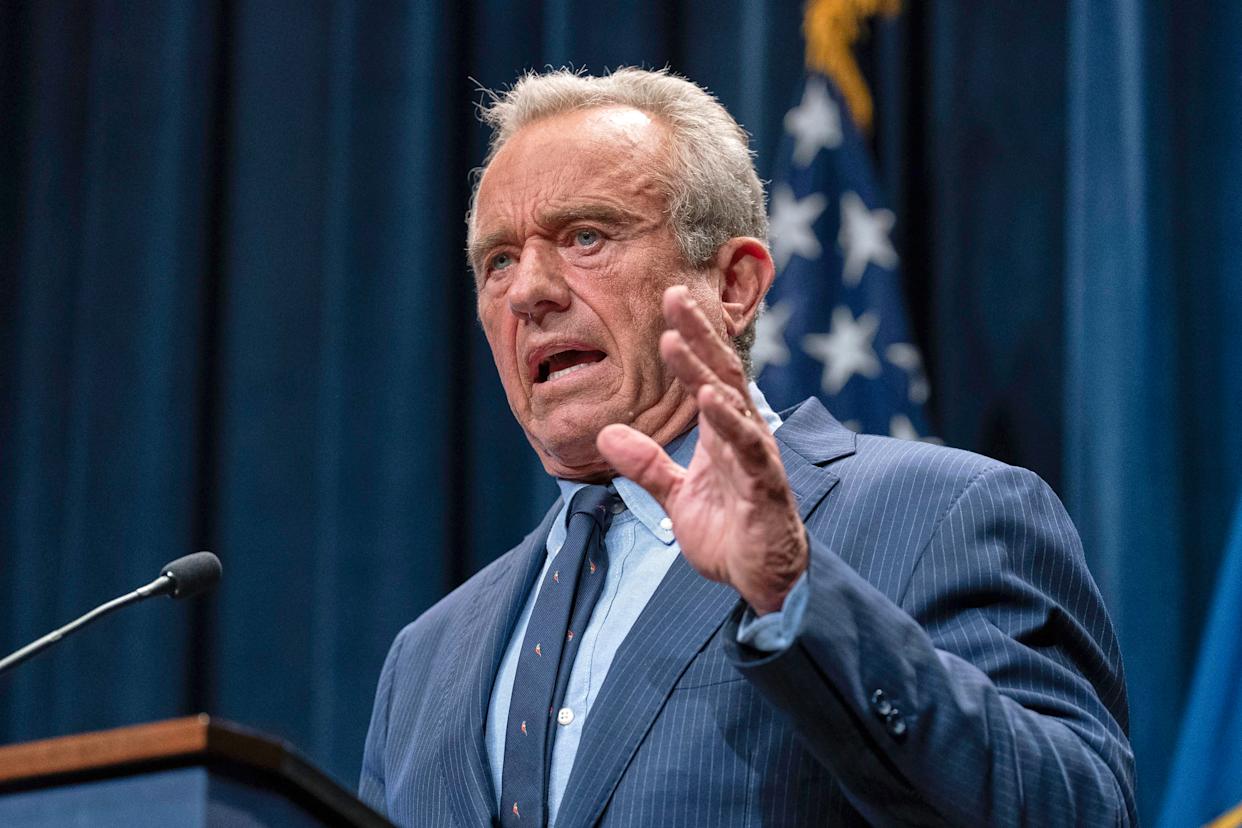Health and Human Services (HHS) Secretary Robert F. Kennedy Jr. declared that banning synthetic food dyes is just the starting point of a sweeping health mission.
“We’re going to do real science, and we’re gonna do science precisely on the issues that American[s] care about. Making sure their kids are getting food that isn’t poison. The food our kids are eating today is not really food. It’s food-like substances,” he stated during an appearance on “Jesse Watters Primetime.”
Standing alongside National Institutes of Health Director Jay Bhattacharya and Food and Drug Administration (FDA) Commissioner Marty Makary, RFK Jr. announced a historic move in Washington, D.C., Tuesday. The announcement laid out plans to phase out petroleum-based synthetic dyes from America’s food supply.
Regulators Target Harmful Dyes

This latest action fits into a broader push by federal regulators to rethink what Americans consume daily. Earlier this year, the FDA banned Red Dye No. 3 from foods, citing studies linking it to cancer in some animals.
Building on that momentum, the FDA and HHS plan to revoke authorization for two more synthetic dyes, Citrus Red No. 2 and Orange B within the next few months.
Additionally, authorities are working aggressively to eliminate six other synthetic dyes, including Green No. 3, Red No. 40, and Yellow No. 5, from grocery shelves by the end of 2026.
Pushing for Safer Alternatives
To help companies transition smoothly, the FDA is fast-tracking its review of natural alternatives, like butterfly pea flower extract, according to a statement from HHS.
This step signals a clear commitment to providing healthier, cleaner food options for American families. The move, supporters say, aligns with a growing national demand for transparency and safety in the food supply.
A Return to ‘Real Food’ for America’s Children

During his interview with Fox News host Jesse Watters, RFK Jr. pulled no punches, blaming the nation’s chronic health crisis on decades of poor food standards.
“We’ve got the highest chronic disease burden of any country in the world. When my uncle was president, 3% of Americans had chronic disease. Today, it’s 60%,” RFK Jr. said.
“Seventy-four percent of our kids cannot qualify for military service. We have fertility rates that are just spiraling.”
His remarks spotlight a dire need for action, making clear that this initiative is about more than dyes, it’s about securing a healthier future for the next generation.
The Froot Loops Comparison: A Stark Wake-Up Call
Citing Froot Loops cereal as an example, RFK Jr. drew attention to the alarming difference between American and international standards.
“Today, we use chemicals in Froot Loops that are banned in virtually every country in the world. So, if you buy Froot Loops today in Canada, it is made with vegetable dyes. If you buy it here in the United States, it’s made with petroleum synthetics,” RFK Jr. explained.
He emphasized that American consumers deserve to know exactly what’s going into their food and what risks those additives might pose.
A Tipping Point for American Food Policy
With states like West Virginia recently passing first-of-its-kind legislation banning certain food dyes and preservatives, RFK Jr.’s announcement could signal a broader movement gaining steam nationwide.
By confronting these food safety issues head-on, RFK Jr. is urging Americans to demand better and pushing food manufacturers to embrace safer, cleaner ingredients.
As the effort unfolds, many are watching closely hoping real food, not “food-like substances,” will soon dominate America’s tables once again.



